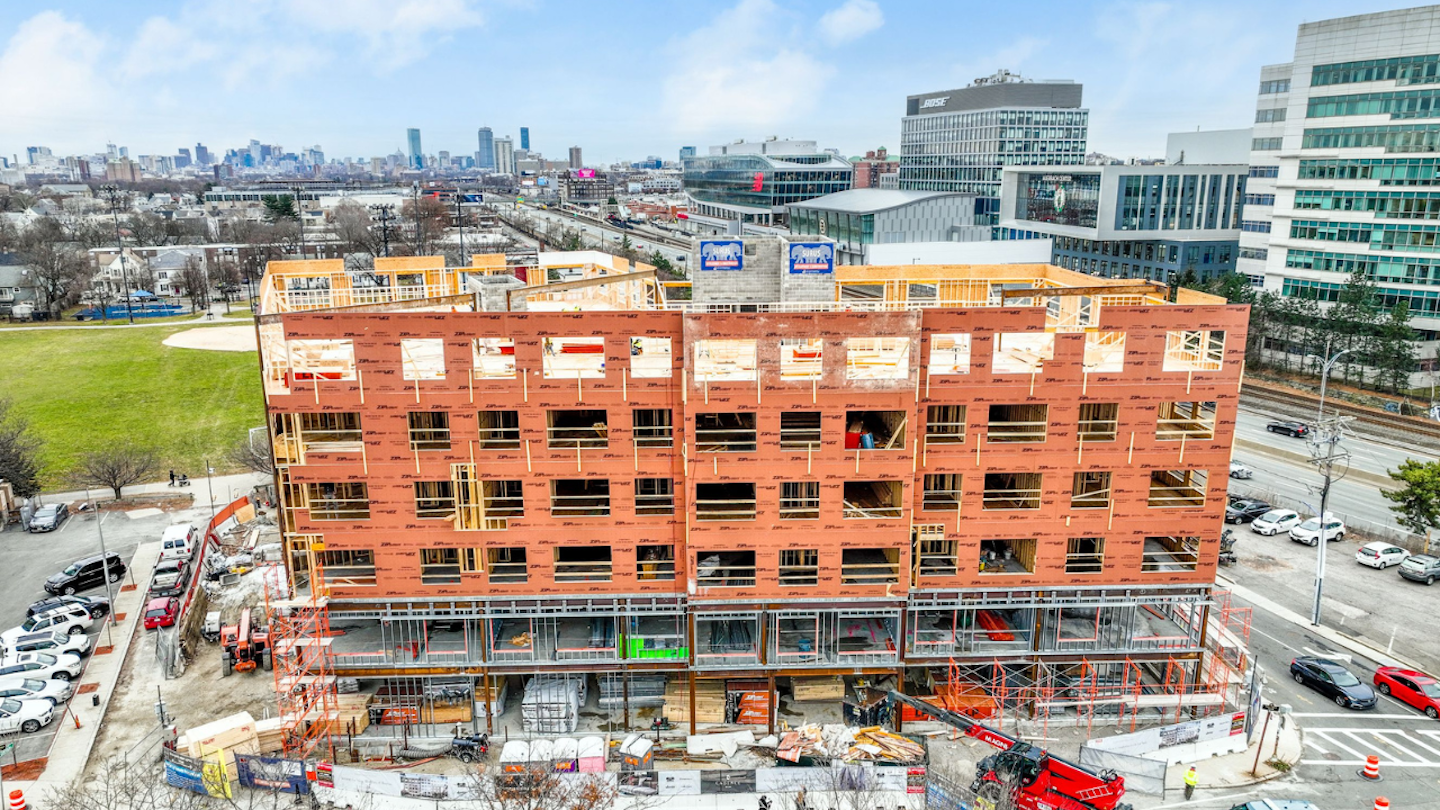
One of the biggest misconceptions in real estate is the belief that selling a condo in a large development is just a scaled-up version of selling a single-family home. That assumption is where many sales and marketing teams developers trust to bring their asset to market go wrong.
Traditional real estate agents are trained to market individual homes—staging them, listing them, and waiting for buyers to come. But when it comes to selling out an entire condominium project, this approach is completely inadequate.
A successful condo development requires a structured and strategic approach that incorporates branding, demand generation, and a seamless sales process. Without this, developers often experience slow sales velocity, missed revenue opportunities, and stalled projects. In a competitive market, that’s a financial risk most can’t afford.
Most developers don’t give enough thought to branding when they launch a new condo project. They might come up with a name, design a logo, and call it a day. But true branding is much deeper than that. It’s about positioning the development in a way that appeals to the right buyers, differentiating it from competitors, and creating a compelling narrative that makes people want to buy in—not just buy a home.
A well-defined brand answers key questions:
Developers who fail to answer these questions end up with generic marketing that doesn’t drive engagement. Those who get it right, however, see increased demand and faster sales.
Selling out a condo development isn’t waiting for the right buyers to show up—it’s creating sustainable demand. This is where a strong marketing strategy comes into play. Developers need a system that consistently generates high-quality leads and nurtures them through the sales process.
A demand engine does this by:
Without this kind of structured approach, developers often face slow sales, stalled momentum, and lower returns.
A common mistake developers make is assuming that simply listing their condos on the MLS and hosting a few broker open houses will get the job done. This outdated approach might work for selling an individual home, but it’s completely ineffective for large-scale developments.
Instead, developers need a dedicated sales team trained in pre-construction sales, capable of educating buyers on the vision and value of the project. The best teams have:
Without these components, potential buyers are left with uncertainty—especially in pre-construction sales, where they can’t see a finished product. And uncertainty leads to hesitation, which slows down sales and hurts profitability.
A successful condo project requires a seamless relationship between sales and marketing. If marketing is just generating leads and throwing them over the fence to sales, it’s a recipe for lost opportunities. Instead, marketing and sales must work together in a continuous cycle.
Developers should ask themselves (or their real estate partners):
When these elements are in place, the sales process becomes smoother, more effective, and ultimately more profitable.
With a growing demand for for-sale housing, especially in markets with inventory shortages, developers have a massive opportunity. However, those who cling to outdated sales models will struggle. The key to success lies in a strategic, data-driven approach that incorporates branding, demand generation, and a highly trained sales team.
In a market where every decision impacts profitability, developers must think beyond simply listing a property—they must create an experience that buyers can’t resist. Those who master this approach won’t just sell condos; they’ll maximize their returns and set new industry standards.

Discover why boutique multifamily buildings outperform their larger competitors by focusing on curated experiences, intentional design, and emotionally resonant branding.

Discover how data-driven branding strategies can accelerate leasing, boost NOI, and turn your multifamily property's identity into a measurable performance asset.

Your brand’s reputation is built—or broken—at the leasing desk. Are you ready to unify leasing and marketing to protect it?

Remember when we all DIY dip-dyed our hair in Kool-aide and learned just because you can do it yourself doesn't mean you should? This week we're digging into the hidden costs of DIY'd branding.
A simple read in under 5 minutes, delivered to your inbox Saturday mornings.
A simple read in under 5 minutes, delivered to your inbox Saturday mornings.